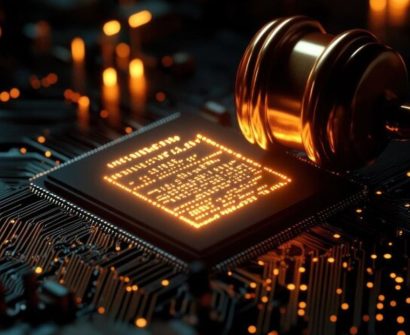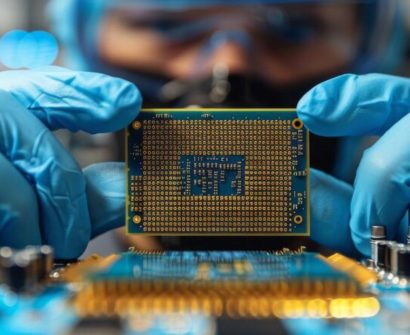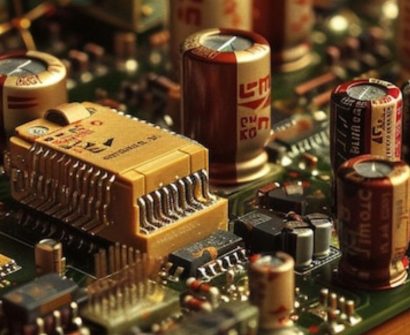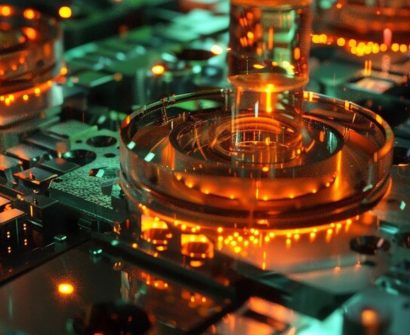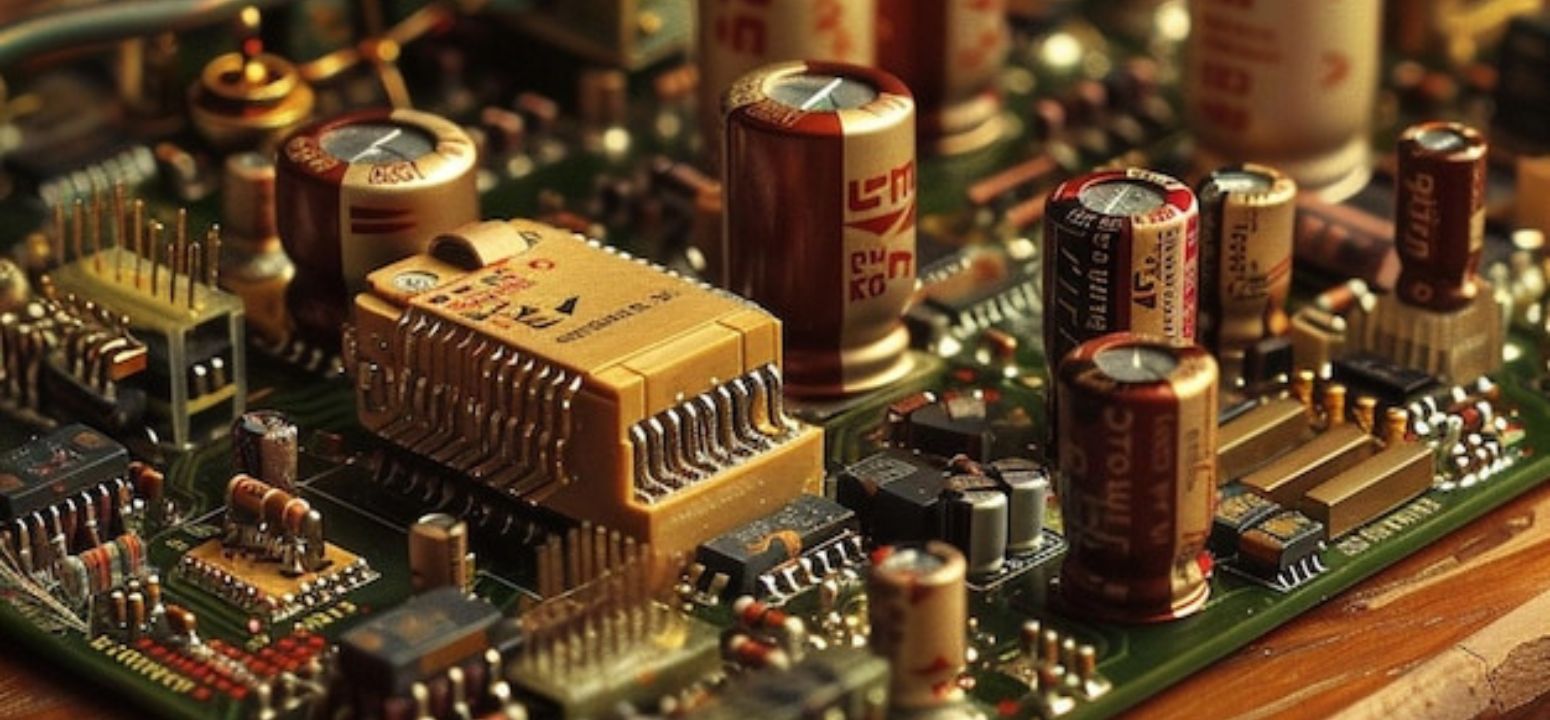
Top IEEE VLSI Projects for Final Year Students
The field of VLSI (Very Large Scale Integration) is at the forefront of technological advancements, with numerous applications in electronics, computing, and telecommunications. For final year students pursuing VLSI projects, IEEE offers a range of opportunities to dive into both digital and analog design projects. These projects not only enhance technical skills but also open doors to lucrative career opportunities in the semiconductor industry.
In this blog, we’ll explore some trending IEEE VLSI project ideas that students can consider for their final year, highlighting both digital and analog domains.
Why Choose VLSI Projects for Your Final Year?
VLSI technology is pivotal in the development of integrated circuits, which are found in almost every modern electronic device. Final year VLSI projects allow students to apply theoretical knowledge in practical scenarios, giving them an edge in their careers. Moreover, IEEE provides a wealth of research papers and resources that can inspire innovative project ideas.
Trending IEEE VLSI Project Ideas for Final Year Students
1. Low Power VLSI Design
Power consumption is a critical issue in modern electronics, especially for portable devices like smartphones and IoT devices. This project focuses on designing circuits that consume minimal power without compromising performance.
Key Concepts: Power optimization techniques, leakage current reduction, clock gating.
2. Design of Arithmetic Circuits Using FPGA
Field-Programmable Gate Arrays (FPGAs) allow for reconfigurable computing and are widely used in high-performance applications. This project involves the design of basic arithmetic circuits like adders and multipliers on FPGAs.
Key Concepts: FPGA programming, Verilog/VHDL coding, digital logic design.
3. Implementation of High-Speed Multipliers
High-speed multipliers are essential for various applications such as digital signal processing and computer graphics. This project focuses on designing and optimizing multipliers for high-speed performance.
Key Concepts: Booth’s algorithm, Wallace tree multipliers, delay optimization.
4. ASIC Design for Digital Signal Processing (DSP)
Application-Specific Integrated Circuits (ASICs) are custom-built for specific tasks. This project involves designing an ASIC that can handle DSP tasks, such as filtering or image processing.
Key Concepts: DSP algorithms, ASIC flow, area and power optimization.
5. VLSI Design for Cryptography Applications
Security is a growing concern in the digital world, and cryptography plays a key role in securing data. This project involves the design of VLSI systems that implement encryption and decryption algorithms.
Key Concepts: AES, RSA, hardware security, key management.
6. Design of Analog-to-Digital Converters (ADC)
Analog-to-digital converters are used in many applications, from sensors to communication systems. This project focuses on designing efficient ADCs that offer high resolution and speed.
Key Concepts: Signal conversion, comparator design, sampling rate.
7. Digital VLSI Design for Internet of Things (IoT)
IoT devices require compact and efficient designs to enable seamless communication and processing. This project focuses on the design of VLSI circuits tailored for IoT applications.
Key Concepts: Low-power design, sensor integration, wireless communication protocols.
8. Design of Low Noise Amplifiers (LNA) for Communication Systems
In communication systems, low noise amplifiers are essential for amplifying weak signals without adding noise. This analog design project involves creating LNAs for high-frequency applications.
Key Concepts: Signal amplification, noise figure, transistor biasing.
9. High-Performance VLSI Design for Artificial Intelligence (AI)
AI applications, especially machine learning, require massive computational power. This project focuses on designing VLSI architectures optimized for AI tasks, such as neural network accelerators.
Key Concepts: AI hardware, parallel processing, memory optimization.
10. VLSI Design for Biomedical Applications
Biomedical devices, such as pacemakers and wearable health monitors, rely heavily on VLSI technology. This project involves designing integrated circuits for medical applications, emphasizing low power and high reliability.
Key Concepts: Biopotential amplifiers, sensor integration, power management.
How to Choose the Right IEEE VLSI Project
Selecting the right project depends on your interest and the domain you want to specialize in—whether it’s digital or analog design. Consider the following factors when choosing your VLSI project:
- Interest Area: Are you more inclined toward digital logic design or analog circuits?
- Resources Available: Make sure you have access to the necessary tools, such as CAD software or FPGA kits.
- Industry Trends: Look into the current trends in the semiconductor industry, such as low-power design and AI chip design, to make your project more relevant.
- Feasibility: Assess whether the project is manageable within the time frame and available resources.
Conclusion
IEEE VLSI projects offer a fantastic opportunity for final year students to explore the cutting-edge technology that powers today’s electronic devices. From low-power designs to high-speed multipliers, the variety of projects in both digital and analog domains provides a comprehensive learning experience. By choosing a project that aligns with your interests and career goals, you can make the most of your final year and open doors to exciting opportunities in the semiconductor industry.
FAQs
- What tools are commonly used for VLSI projects?
Tools like Cadence, Synopsys, and Xilinx are widely used in VLSI design projects. - What are the career prospects after completing a VLSI project?
Completing a VLSI project can lead to job roles such as VLSI design engineer, verification engineer, and FPGA developer. - Are IEEE VLSI projects focused more on digital or analog design?
IEEE VLSI projects cover both digital and analog design, offering a broad range of topics.
Also Read : fpga architecture in vlsi
To know more about VLSI Course , SuccessBridge VLSI training institute. You can begin your VLSI career by enrolling in the placement-assisted live courses available at SuccessBridge We offer various VLSI online courses. We offer VLSI Physical Design course, Design Verification course, DFT Training , Chip design course many more. Explore VLSI Courses From The Leaders In VLSI Training

